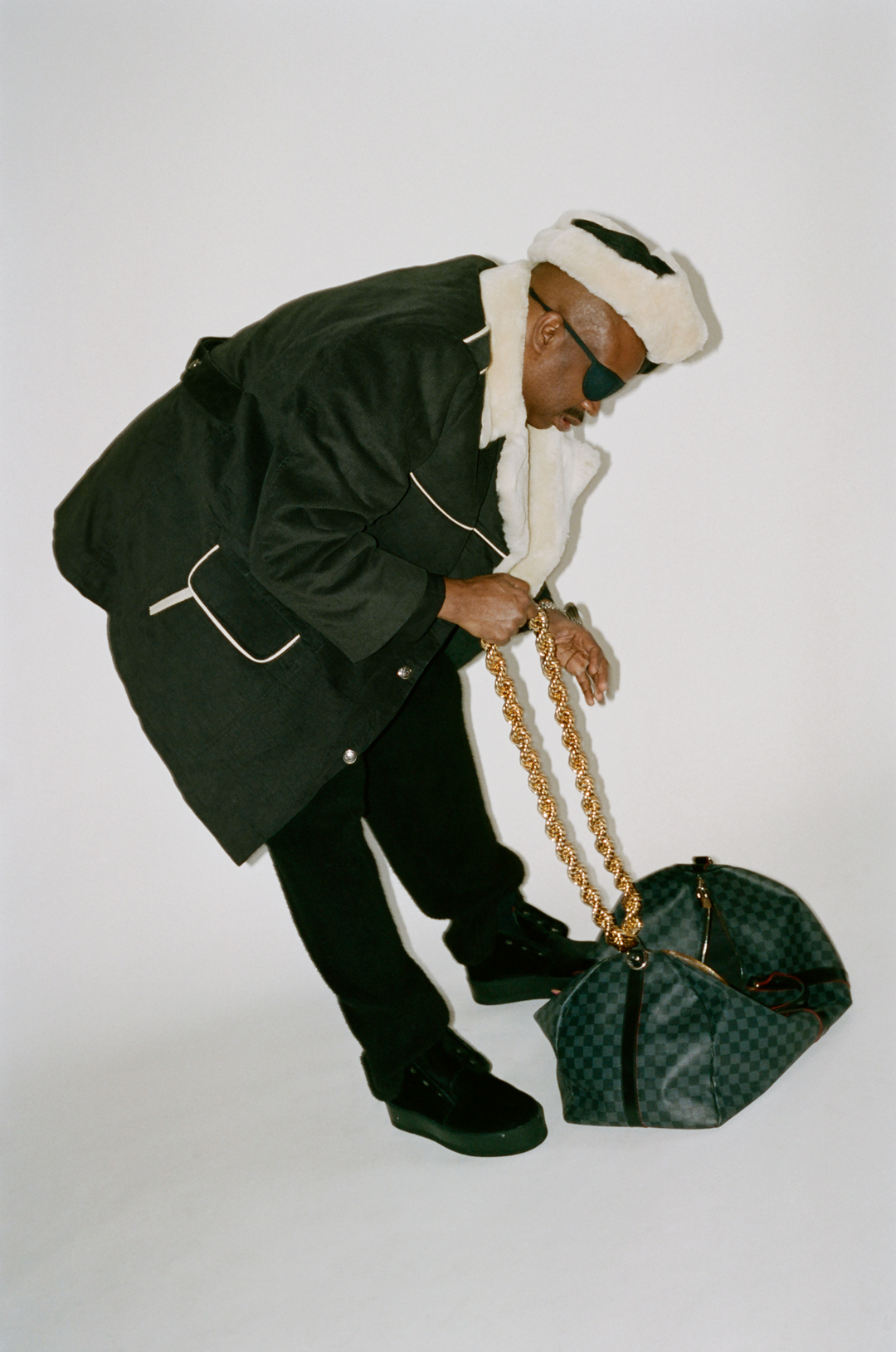“I look at myself as my audience,” he tells me, “and as long as I entertain myself, and cure myself of boredom, then I feel I can present whatever it is I’m doing to the public.” The formula is pretty straightforward: “If I’m not happy, then I can’t expect the public to be happy,” he explains. “I don’t really work from a financial type of a situation—I work to cure myself of boredom. And if it sells, it sells; if it carries an audience, it carries an audience. But it still has to be for myself.” And as for what part he plays in the modern rap game, more than three decades since he first broke onto the scene? “My role is just to be myself.”
While that may be true, the world—and the world of hip-hop—has changed dramatically since Great Adventures topped the charts and I first heard “Children’s Story” and “Hey Young World” on the radio. Public Enemy and Eric B. and Rakim have been replaced by Yeezy and Drake; “Fight The Power” and “Fuck Tha Police” for “Sicko Mode” and “Twerk.” But that’s where Slick Rick sees an opportunity. “I got over 30 brand new joints right now that if any one of them were to hit the streets,” he boasts, “that would be a problem. That other shit—it’s cute, you know? But I got over 30 in the stash that says, ‘Listen, this is how you set the bar in hip-hop.’” That bar, for Slick, isn’t about followers, or politics—it’s about music, and doing something unexpected.
